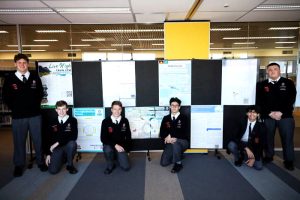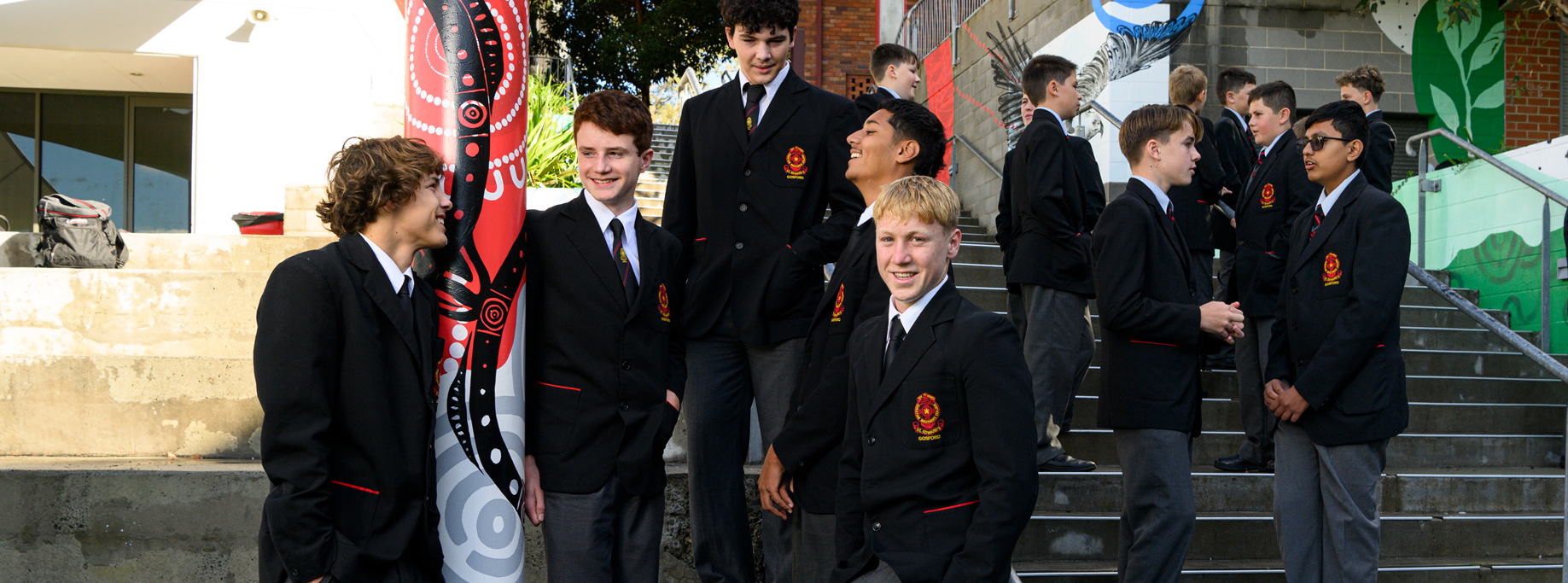
The Science Extension course is aimed to foster the intellectual, creative, ethical and social development of students, in particular relating to:
- application of knowledge, understanding, skills, values and attitudes in the fields of study they choose
- capacity to manage their own learning and to become flexible, independent thinkers, problem-solvers and decision-makers
- capacity to work collaboratively with others
- respect for the cultural diversity of Australian society
- meet the challenges of and prepare for:
- further academic study, vocational training and employment
- changing workplaces, including an increasingly STEM-focused (Science, Technology, Engineering and Mathematics) workforce
- full and active participation as global citizens

As part of the Science Extension course students become researchers in the Scientific community by conducting genuine research based on literature, and writing a journal article. Outstanding students even have submitted their work to academic journals.
Students have worked with Ms Aitken and Mrs Mantellato, both experienced in academic research, who have worked closely with them to develop their research question, perform their experiment, and present their work to the academic community. Unlike learning activities in previous years, it is the student who is the expert in their project area, who is guided by research methodology advice from their supervisors working along side them to produce high-quality research.
Below are links to the work of each of the students:
- Jack Binding: Dugong or Du-Gone
- Samuel McCudden: The Effectiveness of Blue Light Blocking Glasses on Reducing the Severity of Shift Work Sleep Disorder
- Noah Nakagawa: The Optimal Spaceport Location in Australia
- Jayden Redfern: Reducing the extent of tissue damage when using a microwave ablation system to treat heart arrythmias
- Jivesh Shonak: Reducing the risk of Lumbar Spine related injuries in fast bowlers
- Calan Tucker: CRISPR on the treatment of Coeliac Disease
- Keenan White: Live High Train Low







